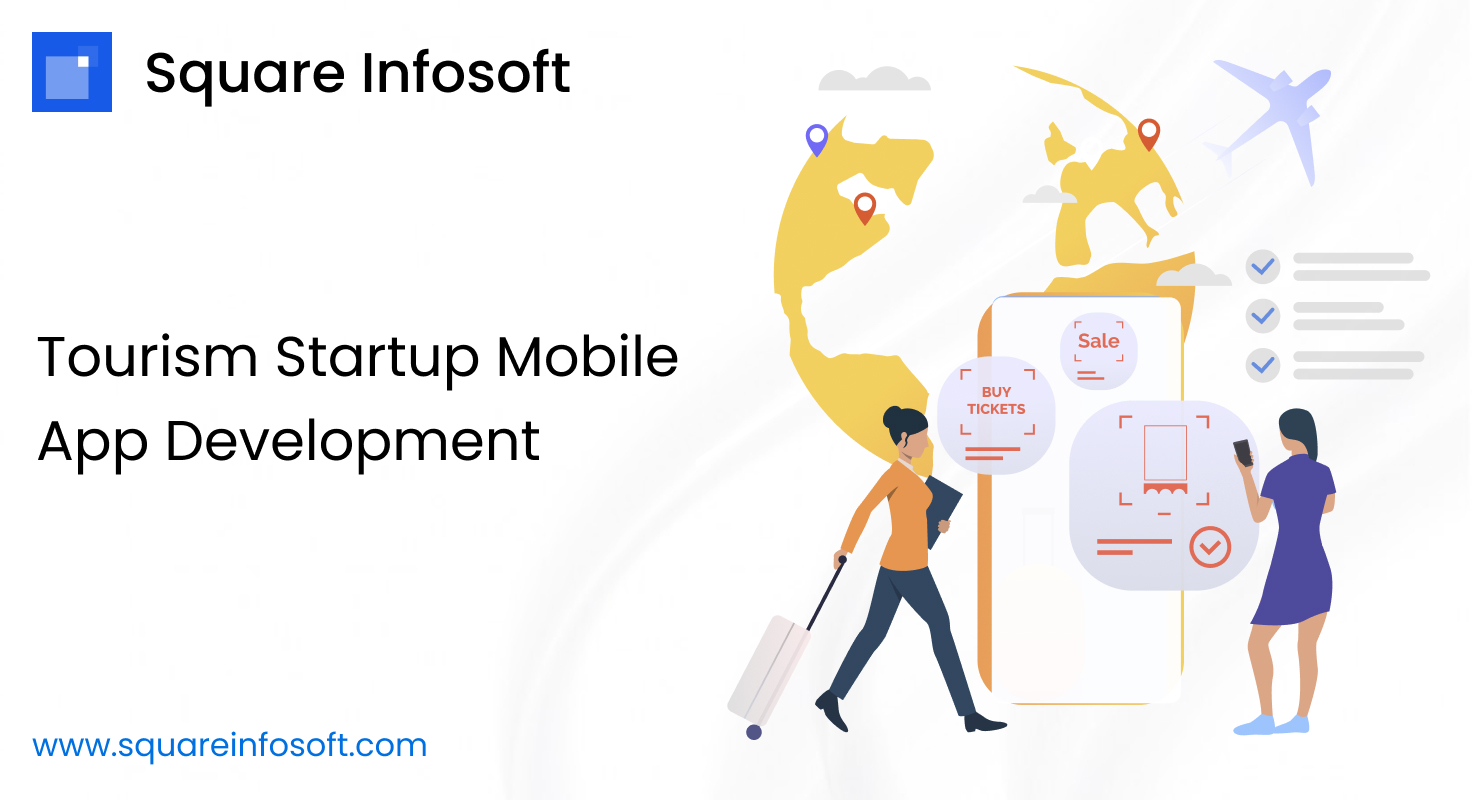Developing a tourism startup app involves creating a platform that provides information, services, and features to enhance the travel experience for users. Here’s a step-by-step guide to help you develop a tourism startup app:
1. Define Requirements:
a. Core Functionalities:
- User Registration and Authentication:
- Secure user account creation.
- Social media login options.
- Location-based Services:
- Utilize GPS and location services for personalized recommendations.
- Travel Planning:
- Allow users to plan their trips, including itinerary creation.
- Points of Interest (POI) Information:
- Provide detailed information about tourist attractions and points of interest.
- Booking and Reservations:
- Integration with hotels, restaurants, and activities for seamless bookings.
- Navigation and Maps:
- Implement maps and navigation features for easy exploration.
- Reviews and Ratings:
- Allow users to leave reviews and ratings for places they visit.
b. Additional Features:
- Augmented Reality (AR):
- Implement AR features for enhanced user experiences.
- Offline Mode:
- Allow users to download maps and essential information for offline use.
- Language Translation:
- Integration with translation services for multilingual support.
- Community and Social Features:
- User forums, social sharing, and collaborative trip planning.
- Deals and Discounts:
- Offer exclusive deals and discounts for local services.
2. Choose Development Platform:
a. Select a Platform:
3. Set Up Development Environment:
a. Install Development Tools:
- Xcode (for iOS).
- Android Studio (for Android).
- IDEs for cross-platform development if applicable.
b. Set Up Accounts:
- Developer accounts on Apple App Store and Google Play Store.
4. Design User Interface (UI):
a. Create Wireframes:
- Plan the app’s layout, focusing on usability and visual appeal.
b. Design UI/UX:
- Use design tools (Sketch, Figma) for an intuitive and user-friendly interface.
5. Implement User Authentication:
- Integrate a secure authentication system (e.g., OAuth, Firebase Authentication).
6. Location-based Services:
- Utilize GPS and location services for personalized recommendations.
7. Travel Planning:
- Implement features for users to plan and organize their trips.
8. Points of Interest (POI) Information:
- Integrate comprehensive information about tourist attractions and POIs.
9. Booking and Reservations:
- Connect with APIs of hotels, restaurants, and activity providers for seamless bookings.
10. Navigation and Maps:
- Implement maps and navigation features for easy exploration.
11. Reviews and Ratings:
- Allow users to leave reviews and ratings for places they visit.
12. Augmented Reality (AR):
- If applicable, implement AR features for enhanced user experiences.
13. Offline Mode:
- Allow users to download maps and essential information for offline use.
14. Language Translation:
- Integrate with translation services for multilingual support.
15. Community and Social Features:
- Implement user forums, social sharing, and collaborative trip planning.
16. Deals and Discounts:
- Offer exclusive deals and discounts for local services.
17. Test the App:
- Conduct thorough testing, including usability, location accuracy, and feature testing.
18. Security:
- Ensure secure handling of user data and transactions.
19. Publish the App:
- Submit the app to the App Store and Google Play Store.
20. Update and Maintain:
- Regularly update the app with new features, information, and bug fixes.
21. Compliance:
- Ensure compliance with relevant app store guidelines, data protection laws, and industry regulations.
Building a tourism startup app requires a user-centric approach, focusing on providing valuable information and services to travelers. Regular updates, community engagement features, and partnerships with local businesses can contribute to the success of your tourism app.




